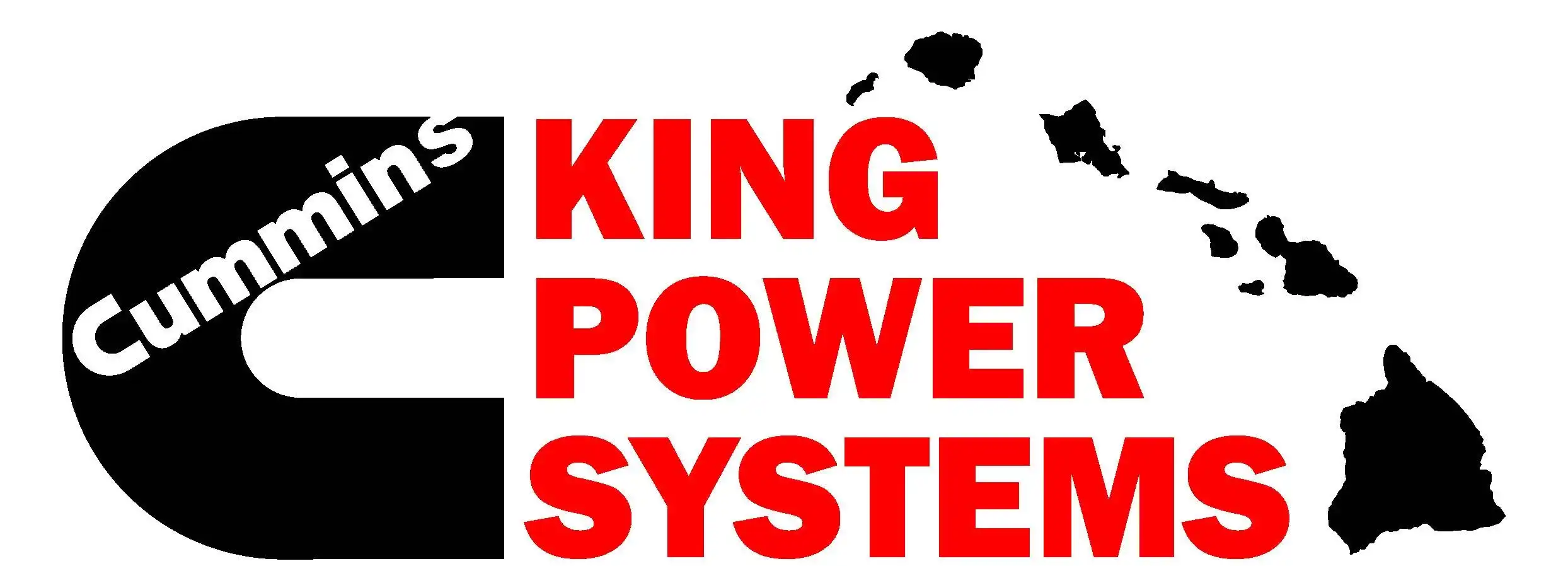Aquatic Resources Division Hosting Virtual Talk Story Sessions for Fishers

The Hawai’i State Division of Aquatic Resources will host virtual talk story sessions beginning next week for interested fishers in Maui County who want to exchange information, concerns and ideas with state staff.
These statewide bi-monthly talk story sessions will be called “Holoholo Fisher Talk Story Sessions.” Although the meeting topics will stick to navigable waters, the idea is to keep a loose agenda to allow fishers to drive the discussion topics.
The upcoming sessions for Maui County:
- Maui: Aug. 24, 5:30-7:30 pm
- Moloka‘i: Aug. 25, 5:30-7:30 pm
- Lāna‘i: Aug. 26, 5:30-7:30 pm
To participate, register here.
Last year, Hawaiʻi’s fisheries suffered a major market collapse due to the pandemic and diminished visitors to the Islands. A year later, tourists are back, and the local fresh-caught fish market has rebounded.
In addition, during the 2021 legislative session, 11 bills were signed into law that relate to aquatic resource management, the most in state history.
New Community Based Subsistence Fishing Areas (CBSFA) are in the works on multiple islands. Changes to bag limits, sizes and seasons for multiple species of fish and crustaceans are being discussed. The effects of climate change and ever-increasing human activity are pressuring marine resources in ways that have not been seen before.
It’s critical to provide fishers with up-to-date information and equally important to ensure that the voice of the fishing community across the islands is being heard loud and clear by decision makers and resource managers. With state offices closed and restrictions to in-person meetings due to the pandemic, the Department of Land & Natural Reources’s Division of Aquatic Resources (DAR) is looking for new and potentially better ways of conducting community outreach and receiving input from fishers.
“A common criticism I hear from fishers is that the only time we hear from DAR is when new fishing rules are being proposed,” DAR Administrator Brian Neilson said. “This is a valid criticism, and we need to do more to facilitate open dialogue with fishers that’s not associated with a rule-making process.
“In fact, we have plenty to discuss in-regard to fishing, fisheries and other related topics. DAR does a lot of work throughout the state that has nothing to do with fishing regulations. We want to talk about these efforts, too, and hear more from fishers and build our relationship with the fishing community”.
The Kaua’i DAR office already has hosted fisher talk story sessions, which have proven to be a positive and mutually beneficial experience, according to a DAR news release.
DAR been able to get information out to fishers and to hear from a diverse group of subsistence, recreational and commercial fishers on their concerns and ideas for better fisheries management. Through these meetings, DAR has been alerted to community concerns such as illegal activity, user conflicts and observed changes in fish populations that may have not been heard about otherwise.
DAR has also been able to have more transparency about data collection methods and internal decision making that is behind some of these new management plans.
Kaua’i fisherman Klayton Kubo said: “The fisher forums have been a good opportunity to exchange information with DAR and promote good relationships with fishers and gatherers.”








